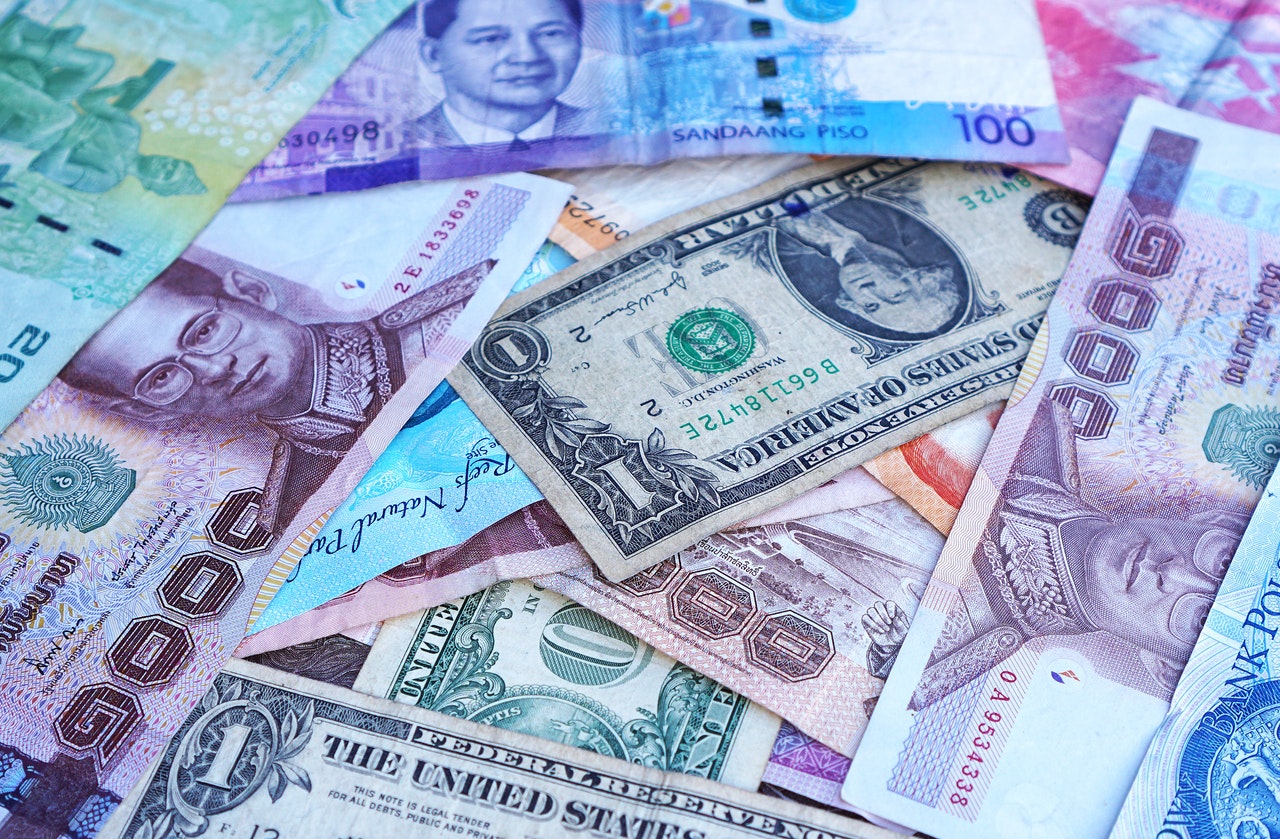Many people transact using foreign currency for many reasons. The most usual would be for travel purposes, business purposes, and for shopping purposes. There are several ways to exchange your money for foreign currency. The most common way to exchange foreign currency is through a bank or at a foreign exchange counter, usually at the airport. While these may be the safest and most secure way to convert your local currency, they may not be the most economical because they sometimes offer a lower exchange rate and/or they may have a high service charge. You can use forex calculators to get an idea how much you should get.
Here are some tips in saving money when exchanging foreign currency.
Some people avoid using or bringing cash when traveling. Instead, many people use their credit cards for purchases while abroad. While this is a good idea, some banks charge very high fees for foreign transactions. You may be charged with these fees even if you do not leave the country.
Foreign transaction fees may be charged if you make a purchase from a store or company abroad. And these fees are usually at 3%. You can avoid paying these fees by getting a credit card that has no foreign transaction fees. Cards like Chase Sapphire Reserve or Preferred Card, Citi Premier Card, Wells Fargo Propel American Express Card, Capital One Venture Rewards Credit Card, and Bank of America Travel Rewards credit card to name a few are examples of credit cards with no foreign transaction fees. When using credit cards abroad, inform your bank ahead of time to avoid any hassle.
Another way to save money when exchanging foreign currency is to withdraw money using an ATM card with no foreign transaction charges. Do not use your credit card for cash withdrawals though. They charge interest for cash advances. Normally, when using an ATM card abroad to withdraw money, banks may charge 1% to 3% of the amount withdrawn. But the Schwab Bank High Yield Investor Checking Account (US) and Varo have no foreign transaction fee nor ATM withdrawal fees.
The Virgin Money Essential Current Account (UK) has no foreign transaction fee but charges USD 1.98 for every ATM withdrawal transaction. Discover Bank does not charge any but this may be limited to the US, Canada, Mexico, and selected Caribbean countries. Capital One does not charge foreign transaction fees but if you withdraw from an out-of-network ATM operator, Capital One will not reimburse the fee. So try to avoid out-of-network ATMs when withdrawing cash abroad.
On the other hand, if you know the schedule of your trip ahead of time, you can buy some foreign currency well in advance when your currency is strong. This way, you get to maximize your money and have more cash when you travel. But before buying, always study previous trends and pay attention to the news. By knowing these things, you can make an informed decision when buying foreign currency.
In a nutshell, before you convert your money to foreign currency, it is always best to read up to be aware of current exchange rates.








